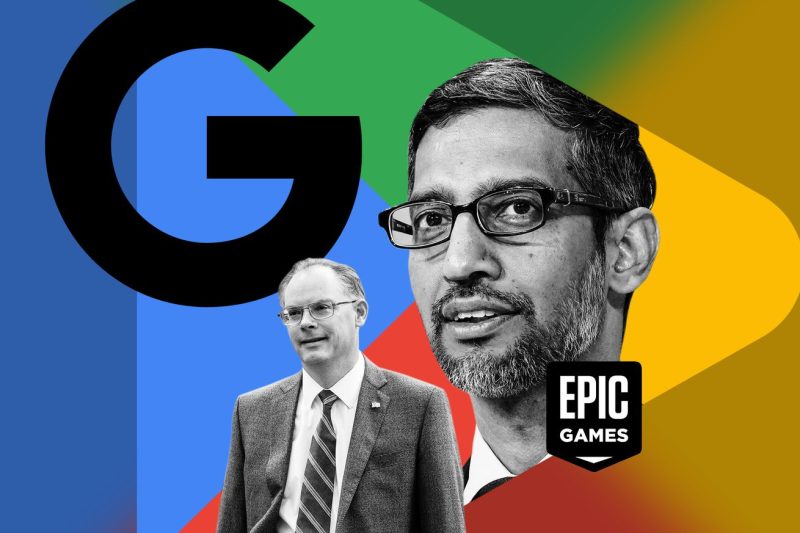In a recent legal engagement between tech giants Google and Epic Games, a federal judge has ordered Google to provide an estimate of the costs associated with Epic’s demands in the Google Play Store. This case stems from Epic Games’ decision to bypass Google’s in-app purchase system on Fortnite, triggering its removal from the Play Store. The judge’s mandate signifies a critical development in this ongoing dispute and sheds light on the complexities of app store policies and revenue sharing models.
One of the central issues at play in this case is the control exercised by major app stores over the distribution and monetization of apps on their platforms. Google, like other tech companies operating app stores, maintains strict guidelines and policies that developers must adhere to in order to distribute their apps through the Play Store. A key aspect of this is the commission structure, wherein Google takes a percentage of in-app purchases made through apps hosted on their platform.
Epic Games’ decision to circumvent Google’s payment system in Fortnite is not an isolated incident but rather part of a broader push by developers to challenge the status quo and assert more control over how their apps are monetized. By sidestepping Google’s in-app purchase mechanism, Epic sought to bypass the commission fees and establish a direct payment method within the app, thus retaining a larger share of the revenue generated from Fortnite.
Google’s response to Epic’s actions was swift and decisive, leading to the removal of Fortnite from the Play Store. This move not only impacted Epic’s ability to distribute the game to Android users but also raised questions about the power dynamics between app developers and app store operators. The legal battle that ensued between Google and Epic underscores the high stakes involved in these disputes and the potential financial implications for both parties.
The judge’s recent order for Google to calculate the costs associated with Epic’s demands highlights the complexities involved in determining the financial impact of such actions. The outcome of this calculation could have far-reaching consequences for both Google and Epic, setting a precedent for how app store operators and developers navigate similar conflicts in the future. It also underscores the need for greater transparency and accountability in app store policies and revenue-sharing arrangements.
As the legal proceedings between Google and Epic Games continue to unfold, the tech industry is watching closely to see how this case will shape the future of app distribution and monetization. The outcome of this dispute could have significant implications for other developers, app store operators, and the broader ecosystem of digital platforms. In an era of increasing scrutiny over tech companies’ market dominance, the Google-Epic legal battle serves as a microcosm of the larger debates surrounding competition, antitrust, and consumer choice in the digital economy.


























